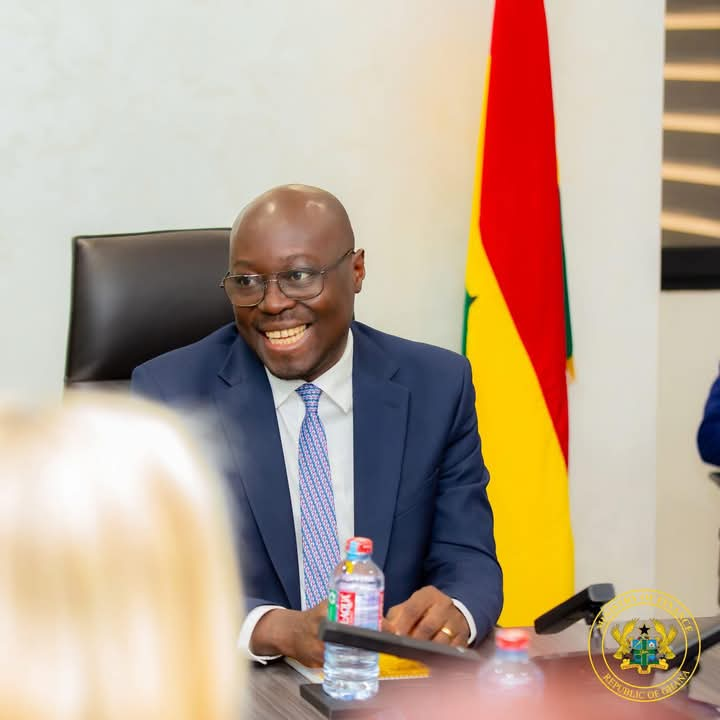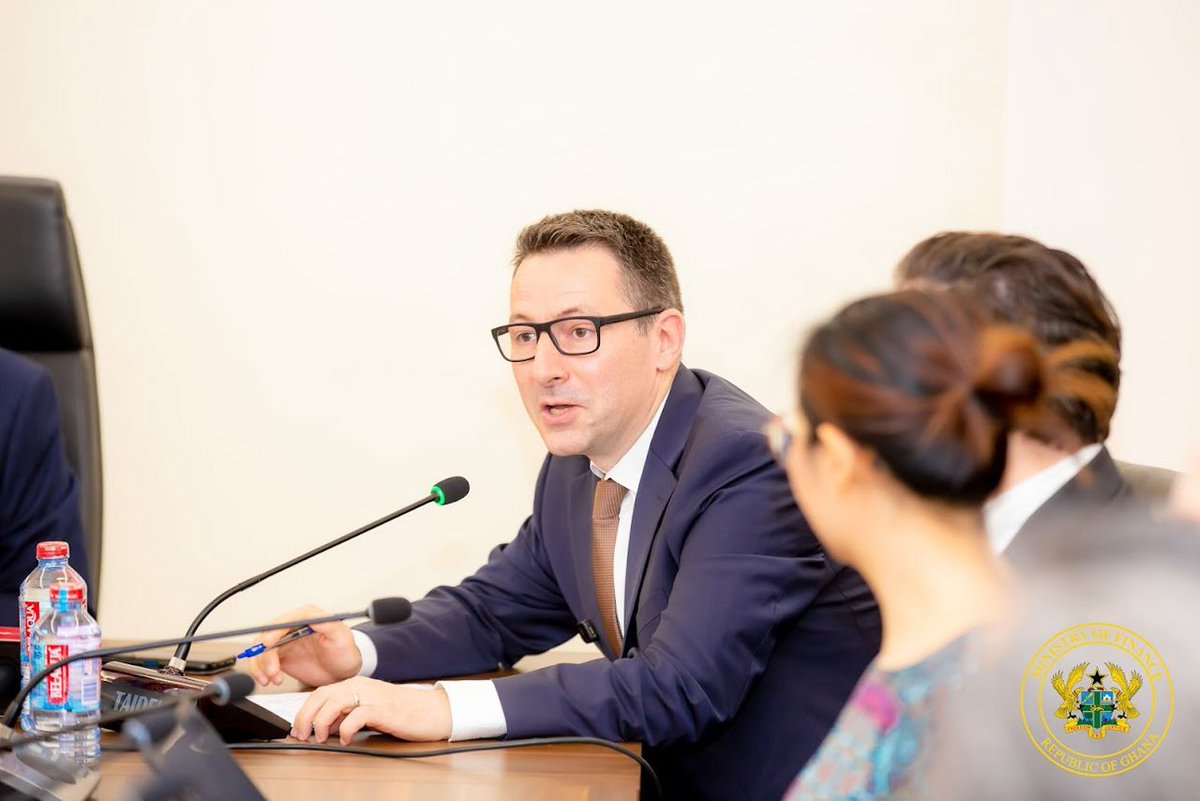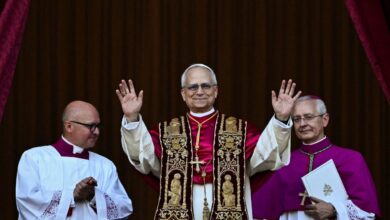
Ghana has reached a significant milestone in its economic recovery efforts, securing a $370 million disbursement from the International Monetary Fund (IMF) as part of its $3 billion bailout programme. This achievement, confirmed after two weeks of rigorous negotiations with IMF officials in Accra, underscores the country’s determination to stabilize its economy and restore investor confidence.
Finance Minister Dr. Cassiel Ato Forson, announcing the agreement on April 15, described the breakthrough as a testament to the government’s commitment to sound fiscal management. “This marks a turning point in our economic journey,” he declared. “Despite initial challenges, we have successfully realigned our programme to restore macroeconomic stability, achieve debt sustainability, and protect our most vulnerable citizens.”
Addressing Inherited Challenges
Dr. Forson emphasized that the current administration inherited a derailed programme by the close of 2024. Inflation had soared past targets, critical reforms had stalled, and arrears had piled up. “What started as one of the most challenging reviews in our history has ended with success,” he stated during a joint press briefing with IMF officials.
To address these setbacks, the government launched a comprehensive policy overhaul, including an independent audit of the $2.3 billion in arrears amassed in 2024. This audit, led by Ghana’s Auditor-General alongside two international firms, will validate the arrears and recommend corrective measures within eight weeks.
Legislative Reforms and Fiscal Discipline
In a bid to cement fiscal discipline, Parliament has amended the Public Financial Management Act to introduce a debt ceiling of 45% of GDP by 2035 and mandate an annual primary surplus of at least 1.5%. Additionally, a new independent fiscal council will monitor compliance, while procurement processes now require certification from the Finance Ministry.
These measures have been applauded by the IMF, although the institution highlighted lingering challenges, including fiscal slippages and delayed reforms leading up to the 2024 general elections.
Economic Reforms and Stabilization
The 2025 national budget aims to reverse the previous year’s deficit of 3.25% by achieving a primary surplus of 1.5% of GDP. The Bank of Ghana has also raised its policy rate to curb inflationary pressures and reinforce fiscal consolidation.
Reforms in the energy sector have seen significant progress. Quarterly electricity tariff adjustments have resumed, and initiatives like the Cash Waterfall Mechanism are reducing fiscal risks and preventing the accumulation of new arrears.
Dr. Forson reaffirmed the administration’s commitment to fulfilling all programme obligations. “We have made bold decisions to put Ghana on the path to sustainable growth. This is how we build the future we all envision,” he said.

IMF Praises Ghana’s Progress
IMF Mission Chief Stéphane Roudet acknowledged the government’s proactive measures to rectify past shortcomings. “The authorities have enacted a comprehensive fiscal responsibility framework, implemented public financial management reforms, and taken critical steps to improve transparency,” Roudet said.
The Fund noted that Ghana recorded stronger-than-expected growth in 2024, driven by robust performances in mining and construction, buoyed by high gold exports and increased remittances. However, these gains were offset by election-year fiscal slippages, delayed reforms, and inflationary pressures.
Enhancing Governance and Debt Sustainability
The government is also addressing governance issues within state-owned enterprises in cocoa, gold, and energy sectors to enhance efficiency. Efforts to operationalize the G20 Common Framework for debt restructuring are progressing, with bilateral agreements underway and discussions with commercial creditors ongoing.
Building a Resilient Economy
Ghana’s bold reforms, combined with the renewed partnership with the IMF, have laid the foundation for economic resilience and sustainable growth. The release of the $370 million tranche brings total receipts under the bailout programme to $2.3 billion, reinforcing the government’s resolve to navigate its economic challenges successfully.
“As a nation, we have shown that resilience, determination, and strategic reforms can lead to recovery,” Dr. Forson concluded. “This is a new dawn for Ghana.”
Story by: Mercy Addai Turkson #ahotoronline.com



